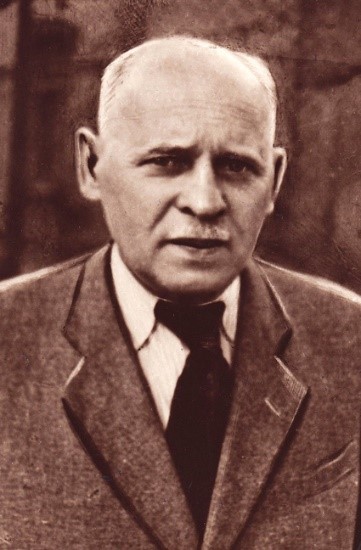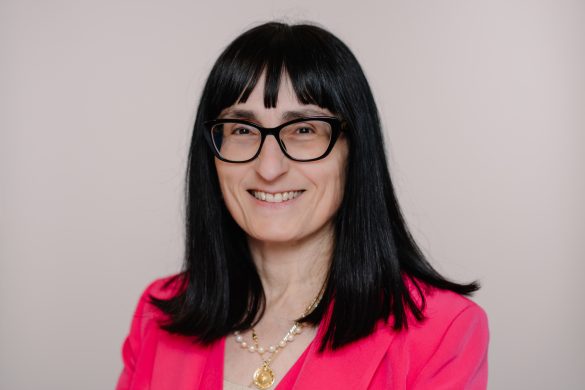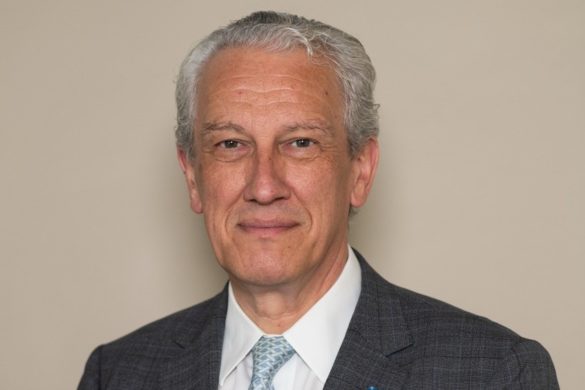Latvia – officially the Republic of Latvia (Latvian: Latvijas Republika), is a beautiful country in the Baltic region of Northern Europe, one of the three Baltic states. The name “Latvia” comes from the ancient Latgalians, one of four Indo-European Baltic tribes who formed the core of modern Latvians. With a coastline of 531km along the Baltic Sea, Latvia is bordered by Estonia, Lithuania, Russia, and Belarus, and has 64,589 km2 of scenic plains and rivers, lakes and hills, including a majestic coastline.
Latvia is a democratic parliamentary republic established in 1918. Saeima, the parliament, has 100 deputies elected every four years. The capital city is Riga, elected the European Capital of Culture in 2014. Latvia is a unitary state, divided into 118 administrative divisions, of which 109 are municipalities and 9 are cities. The most important sectors of Latvia’s economy in 2014 were wholesale and retail trade, transport, accommodation and food services (25.3 %), industry (16.4 %) and public administration, defense, education, human health, and social work activities (15.1 %). Latvia’s main export partners are Lithuania, Russia and Estonia, while its main import partners are Lithuania, Germany and Poland.
Concerning religion, most believers in Latvia follow Christianity. Ecumenical tradition is important. Latvian seasonal holidays have strong pre- Cristian traditions. Latvian cultural heritage dates back well over a thousand years. Latvian is the official language. Latvian is a Balt language, but neither Slavic nor Germanic. Traditional Latvian folklore, especially the dance of the folk songs, date back well over a thousand years. More than 1.2 million texts and 30,000 melodies of folk songs have been identified. Folksongs Dainas are a part of the UNESCO Memory of the World Register. Popular foreign languages are English, Russian and German.
The Latvian healthcare system is largely funded through government taxation. It is among the lowest-ranked healthcare systems in Europe, due to excessive waiting times for treatment, insufficient access to the latest medicines, and other factors. Health care system in Latvia is based on the residence principle: negative list of benefits – the state pays for all services except those that are excluded from the scope. Health care benefits are available for government, municipality and private inpatient and outpatient health care institutions. Patients pay a contribution in order to receive health care.

Professor with students in 1971

The Anatomical Theatre in the 1920s

Pauls Stradiņš
Latvia has a long history of vibrant academic life outstanding literacy. There are overall 466 university students for every 10,000 inhabitants in around 60 institutions.
In Latvia there are two medical schools, the- University of Latvia and the Rīga Stradiņš University. After the second World War, only two professors of medicine remained in Latvia, and one of them was Professor Pauls Stradiņš, who, as the Dean of the Faculty of Medicine, efficiently rebuilt and renewed the education and science of medicine from scratch. In 1950 the Rīga Medical Institute was established with the help of the Faculty of Medicine of the State University of Latvia. The initiators were Pauls Stradiņš, Ernests Burtnieks (1950-1958) – the first Director of the Rīga Medical Institute, and the Healthcare Minister Ādolfs Krauss. Initially, the institute included the faculties of medicine. In 1990, the Institute was renamed Medical Academy of Latvia (Academia Medicinaei Latviensis), but in 1998, the Constitutional Assembly made the decision to rename the Medical Academy of Latvia, as Rīga Stradiņš University. The Rīga Stradiņš University has become a university type higher education institution, as it trains experts not only in the fields of medicine and pharmacy, but also provides study programs in social sciences, natural sciences, public health and law. In 2002 the Rīga Stradiņš University Act came into effect and the Academy of Medicine of Latvia was renamed the Rīga Stradiņš University (RSU).
The Rīga Stradiņš University is a government founded university, which offers various study programs, and ensures the realization of scientific projects, providing excellent education and training of experts in healthcare and the social sciences who work in Latvia, the European Union and in different countries of the world. The Rīga Stradiņš University is the only university in Latvia which has traditionally been integrated in the healthcare system of the country, and therefore ensures a successful run of the university, which is a precondition for an effective existence of the healthcare system in Latvia. The University is autonomous and academically free to pursue its goals and tasks, working for the benefit of the state and society, and offering a wide array of academic and professional education and research opportunities in the fields of healthcare, social care, social sciences and natural sciences. dentistry and pharmacy, as well as 45 departments. The Faculty of Medicine was established in 1919, closed during the soviet period, and finally re-established in 1997.
Every year about 380 students are offered admission and the opportunity to study medicine. The medicine training lasts six years. During their studies, students follow several theoretical and practical courses and stages: Teaching can be in Latvian or English. There are also international students. During the six years of medicine students have to decide what type of specialist they want to become. Four successful years of residency are required to become a neurologist. At this stage the studies are only in Latvian. In order to successfully complete their studies, students have to pass the examination and certification of the residency.
The name of Latvian Neurological Society is the Latvian Society of Neurology, which is composed by 274 members, 20% male and 80% female members. The name of the president is Professor. E. Miglāne and Board members are Prof. A. Millers, Prof. E. Vītols, Prof. I. .Logina, B. Tilgale, and I. Ķikule.
We are proud to have provided multiple sclerosis, stroke and neuroimmunology guidelines, stroke unit networks, and three multiple sclerosis centers for our country.
Why people should come and work in Latvia? We have a world of opportunity for neurologists!
Please read articles by Lativan authors published in the European Journal of Neurology here.









